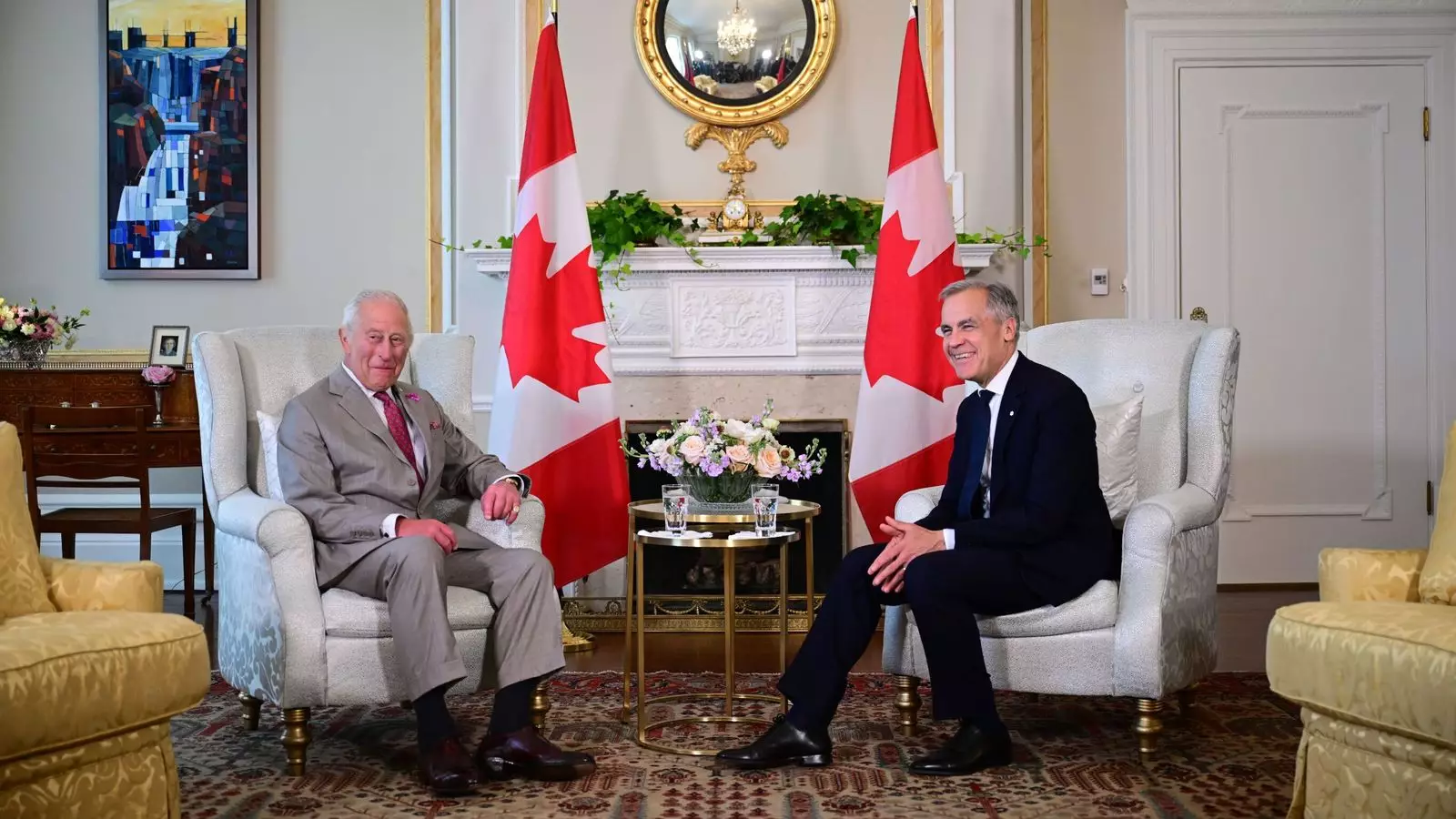The recent visit of King Charles and Queen Camilla to Canada has revived a narrative long buried, one that revolves around the disturbing history of British Home Children. Throughout the late 19th and early 20th centuries, over 100,000 British children were shipped off to Canada from orphanages, often under the guise of providing them a better life. Instead, many fell into the hands of families seeking cheap labor, serving as farm workers or domestic servants, and frequently endured severe mistreatment. The silence surrounding this plight has become a burden for descendants and advocates who rightly seek acknowledgment and reconciliation.
As the royal couple traverses the vast landscapes of Canada, it’s about time that these conversations reach the ears of those in power, extending beyond mere acknowledgments to actionable apologies. Campaigners are calling for King Charles to seize this opportunity and urge the Canadian government to confront its historical complicity with sincerity. With the gravity of their shared Commonwealth legacy, it’s time for the monarchy to demonstrate a commitment to justice that reverberates through generations.
The Power of Repentance
An apology may seem like just words, but it bears the weight of history and, crucially, the possibility of healing. Many descendants of the Home Children feel that an official acknowledgment could initiate a process of redress and education about this oppressive legacy. Campaigners like John Jefkins have emphasized the importance of recognition—not just for healing the scars of the past but also for informing current societal conversations about colonial history and its long-lasting impacts.
In his poignant remarks, Jefkins highlights the inhuman treatment these children faced, labeling them as “second-class citizens.” Their suffering serves as a reminder of the darker elements of migration policies once seen as benign or beneficial. The call for a formal apology is not merely academic or rhetorical; it’s a necessary step towards confronting the injustices woven into Canada’s fabric. The weight of these children’s stories cannot be understated, and the royal visit should serve as a catalyst for acknowledgment rather than a ceremonial formality.
A Commonwealth Responsibility
The Commonwealth represents a shared history fraught with both triumphs and tragedies. King Charles’s position places him at a unique intersection, where he can uphold a forward-thinking approach while honoring the past. This royal engagement isn’t just a ceremonial affair; it’s an opportunity for true leadership. The very nature of the Commonwealth calls for a moral responsibility to engage with unresolved issues of inequality and injustice.
The Canadian government has issued tepid statements on the historical mistreatment of these children, yet has fallen short of extending the full measure of apology that they rightfully deserve. As King Charles meets with Canada’s Prime Minister, the hope is that this royal audience transforms into a moment of reckoning—a chance to account for the suffering inflicted and to recognize the shared responsibility of all Commonwealth nations in this narrative.
The Cost of Silence
In the face of so much historical evidence, one must wonder: what is the impact of remaining silent? Holding an official acknowledgment in contempt not only perpetuates the wounds of those who suffered but does a disservice to Canada’s moral integrity and its standing in the global community. To ignore this issue is to rob future generations of the opportunity to learn from the past.
During his last visit to Canada, then-Prince Charles spoke to the necessity of facing “the darker and more difficult aspects of the past.” It’s time for the royal family to put words into action. The arrival of a new monarch and a fresh Canadian leadership presents a fruitful avenue to address this unhealed trauma afflicting the descendants of Home Children.
This is not merely a familial obligation; it’s a call to justice rooted in compassion. As King Charles and Queen Camilla continue their travels, history watches, urging them to champion the cause of those silenced for far too long. Will they rise to the occasion and embrace the moral responsibility that the Commonwealth entails? The world is waiting, and the call for justice resounds ever louder.


Leave a Reply